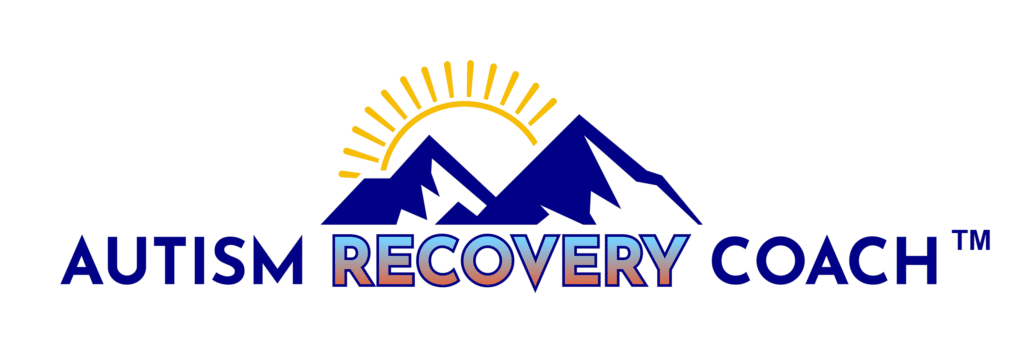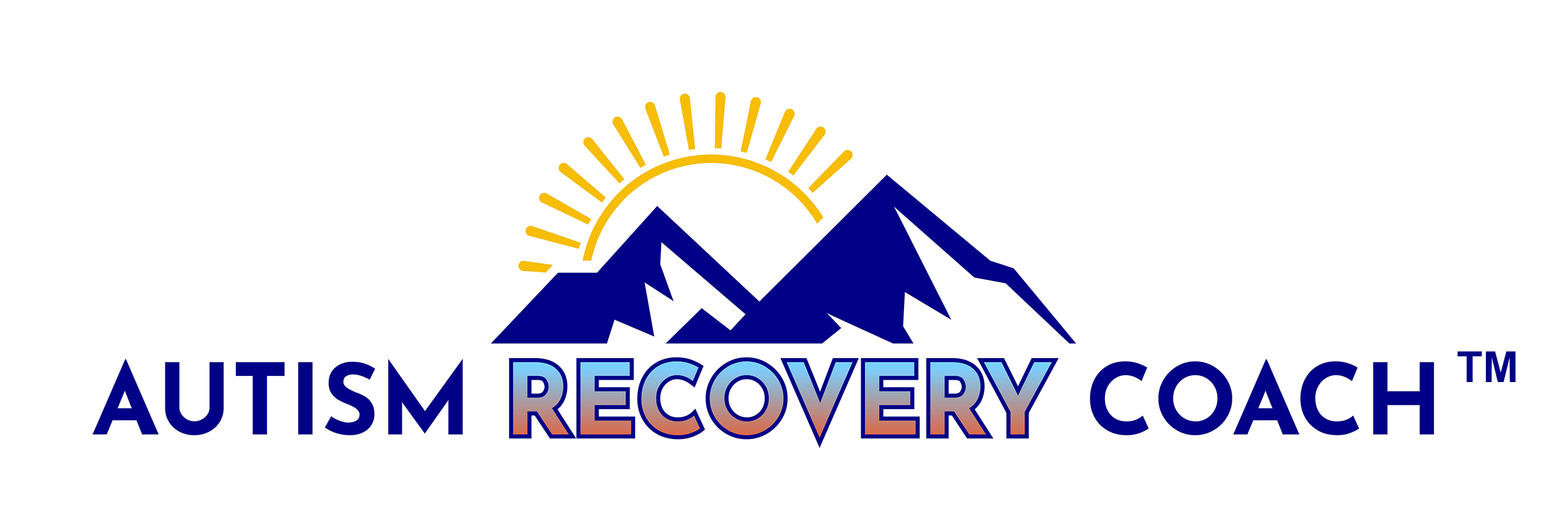Adolescence can be a tumultuous journey for any child, but for children with autism, the challenges are often heightened. As parents and caregivers, it’s crucial to provide the right guidance, understanding, and support during these transformative years. Working with an autism coach can help individualize strategies to your unique situation, finding biomedical and dietary strategies that work in tandem to bring the fastest and most complete progress possible. Here’s how you can help out your teenager with autism, according to an autism recovery specialist:
Empathy as a Foundation
Understanding the unique experiences of children with autism is the first step in offering effective support. Adolescents with autism may struggle with social interactions, communication, and sensory sensitivities, making the teenage years particularly overwhelming. Empathy becomes a powerful tool in navigating this phase together.
Social Skill Development
Navigating social situations can be daunting for any teenager, but it’s especially intricate for those with autism. Empower them with social skill development tools, such as role-playing scenarios, practicing conversational skills, and understanding nonverbal cues. These strategies help them build confidence and establish meaningful connections.
Managing Transitions
Transitions, whether it’s transitioning from one activity to another or navigating bigger life changes, can be overwhelming for children with autism. Offering predictability through visual schedules, clear instructions, and ample preparation time can ease anxiety and ensure smoother transitions.
Promoting Independence
While supporting teens with autism, it’s crucial to strike a balance between providing assistance and promoting independence. Encourage them to take on responsibilities and develop life skills such as self-care, time management, and decision-making. This empowerment boosts their self-esteem and prepares them for adulthood.
Addressing Bullying and Peer Interactions
Unfortunately, bullying can be a harsh reality for many children, including those with autism. Educate both your child and their peers about autism, promoting empathy and acceptance. Establish open lines of communication, so they feel comfortable sharing their experiences, helping prevent and address bullying.
Embracing Interests
Teenagers with autism often have unique and intense interests. These passions can be harnessed to enhance their learning experiences and self-esteem. Encouraging them to explore their interests and connecting them with like-minded peers can contribute to a sense of belonging and purpose.
Get Biomedical Treatments
It’s important to recognize that the journey of supporting teens with autism goes beyond behavioral interventions alone. Integrating biomedical and dietary interventions can significantly enhance the outcomes of these strategies. By working in synergy, biomedical treatments, and behavioral exercises create a dynamic approach that accelerates the development of new neuronal pathways, fostering comprehensive progress. This holistic approach addresses both the physiological and behavioral aspects, ensuring that your teenager receives a well-rounded and effective support system.

Get instant autism support
Supporting teenagers with autism through adolescence requires empathy, understanding, and tailored strategies. By creating a supportive environment that embraces their uniqueness and offers tools for growth, parents and caregivers can empower them to navigate this transformative phase with confidence. Empower your teenager’s journey with autism. Connect with Christopher Soppet and Autism Recovery Coach for guidance tailored to their needs! He provides Methyl-B12 autism recovery, ASD coaching online, and other autism treatments online.
Contact him today to learn more!



